Building an IGLOO for sustainable health and wellbeing
A shared responsibility for health and wellbeing at work is essential for any programme of activities to succeed. Developed through our work conducted in collaboration with Professor Karina Nielsen at the University of Sheffield and Professor Fehmidah Munir at the Loughborough University, the IGLOO framework provides clarity on the roles and responsibilities at five levels:

- Individual – Taking action to maintain your own health and voice the support you need
- Group – Support from colleagues
- Leader – Support from line managers and equipping them to manage risks
- Organisation – Developing supportive policies and practices to improve wellbeing at work
- Outside – Accessing external support within the local community
For individuals, we regularly use the IGLOO model as a helpful tool to plan wellbeing support and allow people to take ownership of their own wellbeing.
Evidence shows that we need to build up resources at multiple levels to best protect ourselves, and that putting support in place at different levels is the best way to ensure success. This has been shown in various contexts, including supporting successful return to work and support for wellbeing in general. We encourage individuals and organisations to recognise and build support at each level of the IGLOO, for example building strong peer support networks, building manager skills to have wellbeing conversations and reviewing policies.
We have found the IGLOO to be a flexible framework, useful for everything from managing change to planning a career transition. We therefore use it both to advise and support individuals and to advise organisations, both as an assessment and an intervention tool.
The evidence base for the IGLOO framework - Research publications and reports
Nielsen, K., Yarker, J., Munir, F., & Bültmann, U. (2018). IGLOO: An integrated framework for sustainable return to work in workers with common mental disorders. Work & Stress, 32(4), 400-417. https://doi.org/10.1080/02678373.2018.1438536
Nielsen, K., Yarker, J., & Evans, H. (2019). Thriving at Work: The resources required to support employees returning to work following mental ill-health absence. ESRC Productivity Insights Network Report.
Nielsen, K., Yarker, J., Munir, F., & Bültmann, U. (2020). IGLOO: a framework for return to work among workers with mental health problems. Handbook of Disability, Work and Health, 615-632.
Nielsen, K., & Yarker, J. (2020). Job crafting as a work adjustment strategy for workers returning after long-term sickness absence due to common mental disorders. International Journal of Rehabilitation Research, 43(2), 154-158.
Yarker, J., & Nielsen, K. (2022). Working with Long Covid. CIPD, London.
Nielsen, K., & Yarker, J. (2022). Employees' experience of supervisor behaviour–a support or a hindrance on their return-to-work journey with a CMD? A qualitative study. Work & Stress, 1-22.
Nielsen, K., & Yarker, J. (2023). What can I do for you? Line managers' behaviors to support return to work for workers with common mental disorders. Journal of Managerial Psychology, 38(1), 34-46.
Varela-Mato, V., Godfree, K., Adem, A., Blake, H., Bartle, C., Daly, G., ... & Munir, F. (2022). Protocol for a feasibility randomised controlled study of a multicomponent intervention to promote a sustainable return to work of workers on long-term sick leave—PROWORK: PROmoting a Sustainable and Healthy Return to WORK. Pilot and Feasibility Studies, 8(1), 188. https://doi.org/10.1186/s40814‐022‐01143‐8
Nielsen, K., & Yarker, J. (2023). Thrivers, survivors or exiteers: A longitudinal, interpretative phenomenological analysis of the post‐return‐to‐work journeys for workers with common mental disorders. Applied Psychology, an international review, 2023,1-29. https://doi.org/10.1111/apps.12479
Varela-Mato, V., Blake, H., Yarker, J., Godfree, K., Daly, G., Hassard, J., ... & Munir, F. (2023). Using intervention mapping to develop evidence-based toolkits that support workers on long-term sick leave and their managers. BMC health services research, 23(1), 942. https://doi.org/10.1186/s12913‐023‐09952‐0
Nielsen, K., & Yarker, J. (2023). "It'sa rollercoaster": the recovery and return to work experiences of workers with long COVID. Work & Stress, 1-29. https://doi.org/10.1080/02678373.2023.2286654
Davis, O., Dawson, J., Degerdon, L., Delgadillo, J., Kadam, U., Nielsen, K., ... & Munir, F. (2023). Protocol for a pilot cluster randomised controlled trial of a multicomponent sustainable return to work IGLOo intervention. In press.
Guidance and toolkits drawing on the IGLOO framework
CIPD. (2022) Managing And Supporting Employees With Long-Term Health Conditions: Guide For People Professionals, London: Chartered Institute of Personnel and Development
CIPD (2021) Managing a return to work following long term sickness absence: Guide for people professionals. London: Chartered Institute of Personnel and Development
Acas (2023). Reasonable adjustments for mental health.
SOM (2021). Returning to the workplace after the COVID-19 lockdown - toolkit. London, The Society of Occupational Medicine.
Mental Health at Work (2021). Transitioning out of lockdown and the impact on your work, for Mental Health at Work. London, MIND
SOM (2021). COVID-19 return to work guide: For managers. London, The Society of Occupational Medicine.
CIPD - Guides about working with long covid
- Guide for managers to support employees with long COVID.
- Guide for people professionals to provide support to those with long COVID.
- Research Evidence to inform support.







If there is anything we can help you with, do not hesitate to contact us at hello@affinityhealthatwork.com.















